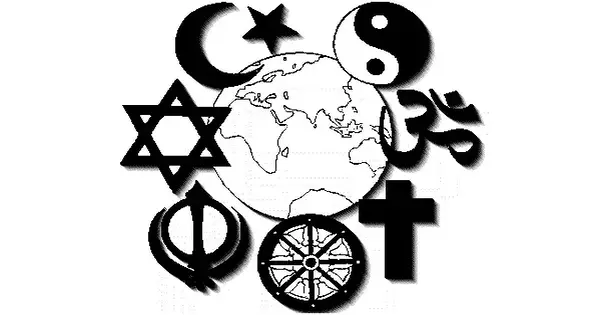A minority religion is one practised by a small percentage of the population of a country, state, or region. These religions are often distinguished by the fact that they have fewer adherents than the dominant or mainstream religions in a given society. Minority religions may be stigmatised or discriminated against.
A stigma is the use of the term cult, which has extremely negative connotations for certain new religious movements. The precise definition of a minority religion varies according to the context and demographic makeup of a given area. People who practise a minority religion may face discrimination and prejudice, especially when religious differences are associated with ethnic differences. Some countries pass laws to protect religious minorities’ rights, such as preserving their culture and promoting harmony with the majority.
Minority religions can include both established faiths and newer religious movements. Here are some examples of minority religions from around the world:
- Sikhism: Sikhism, which originated in South Asia’s Punjab region, is the world’s fifth-largest organised religion. Sikhs adhere to the ten Gurus’ teachings, which emphasise equality, justice, and devotion to God.
- Jainism: Jainism is an ancient Indian religion that encourages nonviolence, honesty, and non-possessiveness. Jains adhere to the Tirthankaras’ teachings and strive for spiritual purification and liberation from the cycle of birth and death.
- Bahá’í Faith: The Bahá’ Faith, which originated in Persia (now Iran) in the nineteenth century, emphasises the unity of all religions and the equality of all human beings. It teaches principles such as God’s oneness, humanity’s oneness, and the importance of universal education.
- Wicca: Wicca is a modern pagan, witchcraft religion that emerged in the mid-20th century. It reveres nature, celebrates seasonal cycles, and incorporates ritual practices. Wiccans often focus on the worship of a goddess and a god.
- Rastafarianism: Rastafarianism is a Jamaican religion that is influenced by African and Christian beliefs. It promotes social justice, African pride, and the use of marijuana as a sacrament, and is centred on the worship of Haile Selassie I, the former Emperor of Ethiopia.
- Zoroastrianism: Zoroastrianism is a Persian religion that was founded by the prophet Zoroaster. It emphasises the dualism of good versus evil and encourages ethical behaviour, truthfulness, and worship of Ahura Mazda, the supreme deity.
These are just a few examples; there are many more minority religions around the world, each with its own set of beliefs, practises, and cultural contexts. Even if religious beliefs are less prevalent in a given society, it is important to respect and understand their diversity.
















